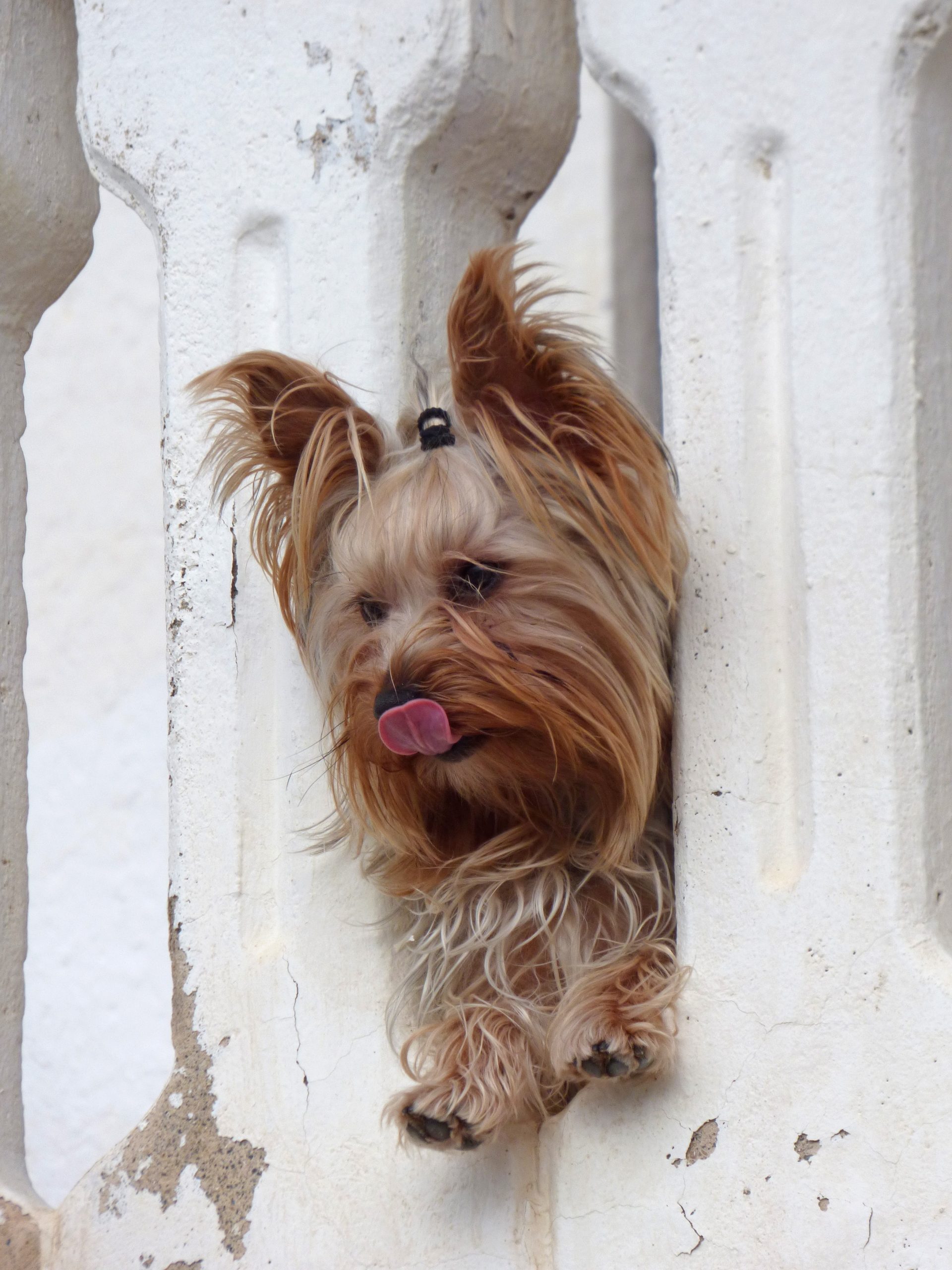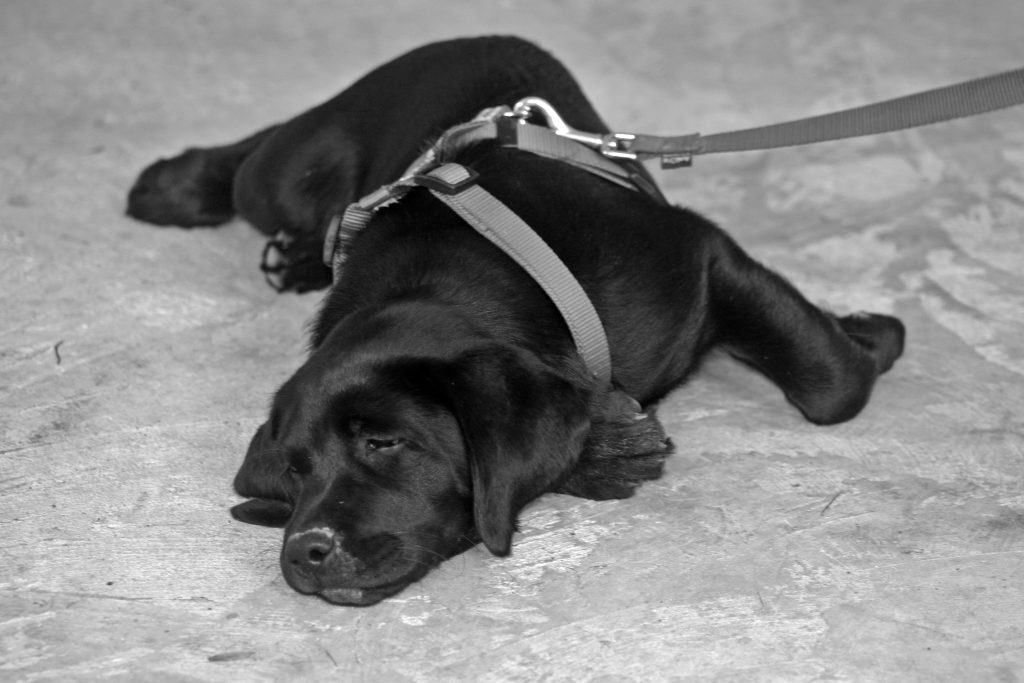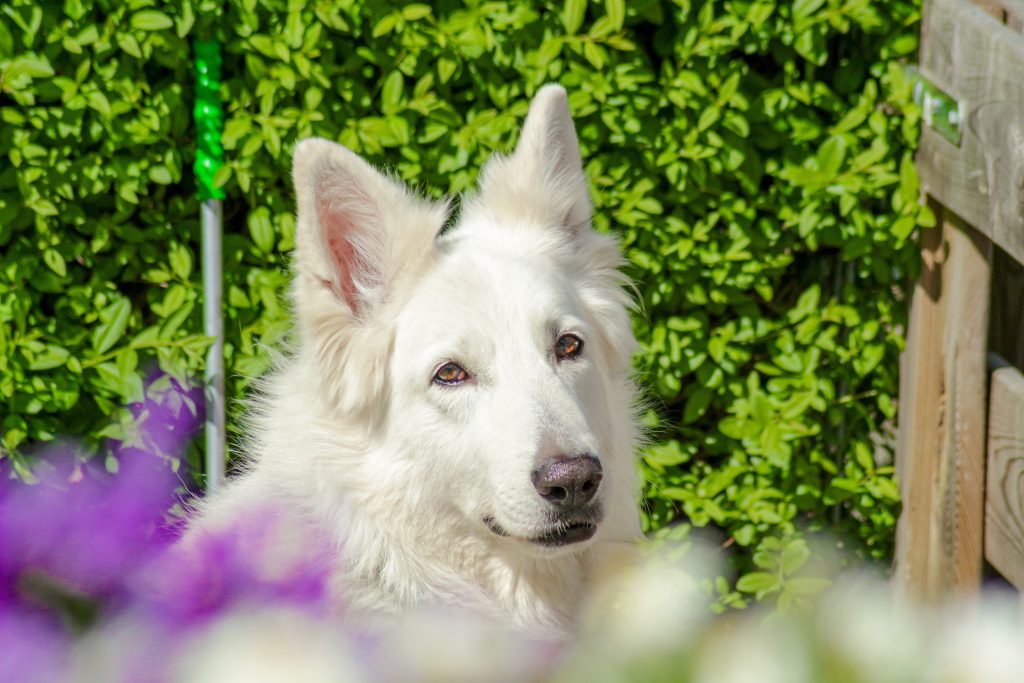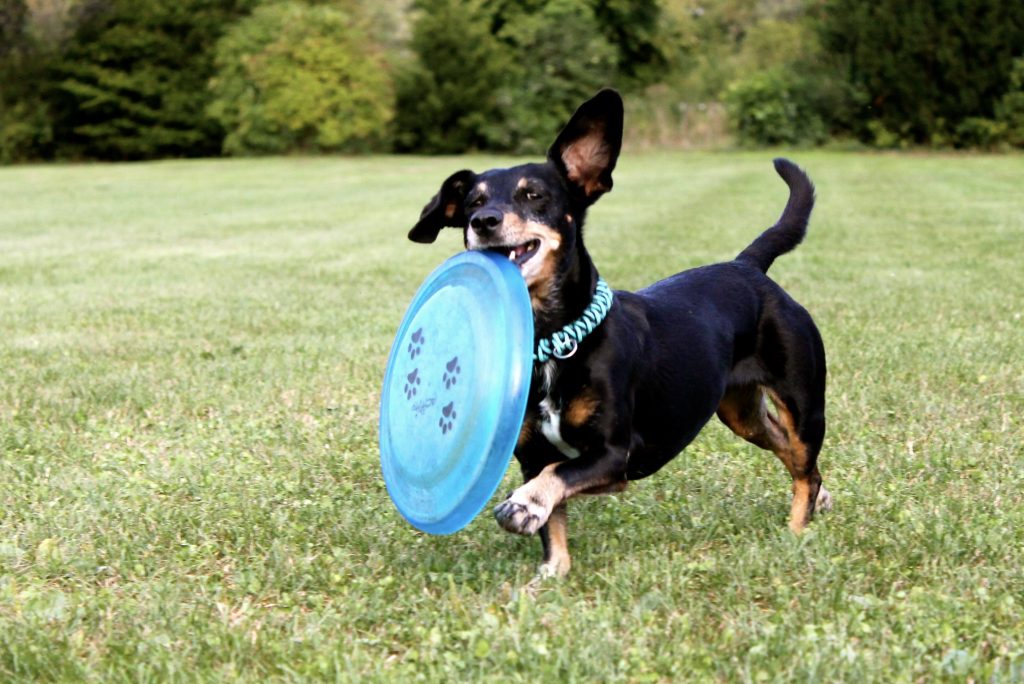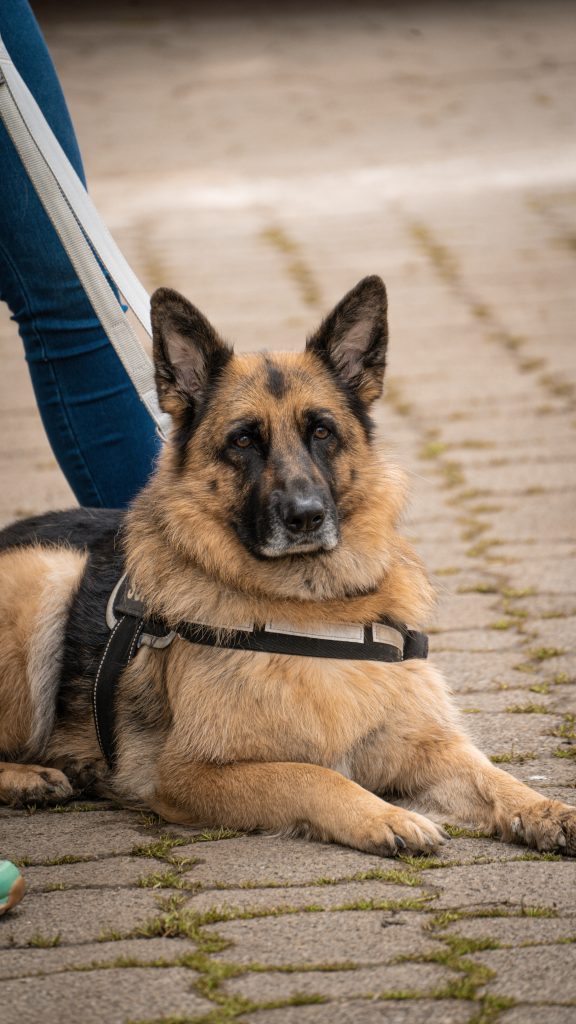Gastric torsion, commonly known as bloat, is a serious and potentially life-threatening condition that can affect dogs, particularly large breeds with deep chests. This condition occurs when the stomach becomes distended with gas or fluid and then twists on its axis, cutting off blood flow to the stomach and potentially other organs. Gastric torsion is a veterinary emergency that requires immediate attention, as it can lead to shock, organ damage, and death if not treated promptly. Understanding the causes, symptoms, and treatment options for gastric torsion is crucial for dog owners to recognize the signs early and seek veterinary care without delay. This introduction will delve into the complexities of gastric torsion, shedding light on its mechanisms, risk factors, and the critical steps involved in managing this life-threatening condition in dogs.
Symptoms of Gastric Torsion In Dogs
Recognizing the signs of gastric torsion early is crucial for prompt treatment:
- Distended Abdomen: The abdomen may appear swollen or distended.
- Unsuccessful Vomiting: Attempts to vomit (often unsuccessfully), retching without bringing anything up.
- Restlessness and Discomfort: Dogs may show discomfort, pacing, or lying in odd positions.
- Rapid Breathing and Heart Rate: Breathing may become rapid and shallow, and the heart rate may increase.
- Pale Gums: Gums may appear pale or bluish due to poor circulation.
Causes of Gastric Torsion
Several factors can contribute to the development of gastric torsion like
- Large Meals: Eating a large meal or drinking large amounts of water too quickly can predispose a dog to bloat.
- Exercise After Eating: Vigorous exercise right after eating may cause the stomach to twist.
- Anatomy: Breeds with deep chests and narrow waists are more susceptible due to the increased potential for stomach movement.
- Age and Genetics: Older dogs and those with a family history of bloat are at higher risk
Treatment Advice
Gastric torsion is a veterinary emergency and requires immediate intervention:
- Diagnosis: Veterinarians typically diagnose bloat through physical examination, X-rays, or ultrasound to confirm stomach distension and rotation.
- Stabilization: Treatment often begins with stabilizing the dog through intravenous fluids and oxygen therapy.
- Decompression: Decompressing the stomach using a tube passed through the mouth or surgery to relieve pressure and untwist the stomach.
- Surgery: In severe cases, surgery may be necessary to correct the torsion and assess any damage to the stomach or other organs.
Preventative Measures
While gastric torsion can be unpredictable, there are measures to reduce the risk:
- Feeding Practices: Offer smaller, more frequent meals rather than one large meal.
- Avoidance of Vigorous Exercise: Restrict intense physical activity immediately before or after meals.
- Slow Eating: Use slow-feeder bowls or puzzle feeders to slow down eating.
- Surgical Options: Prophylactic gastropexy, a surgical procedure to anchor the stomach to the abdominal wall, can significantly reduce the risk of torsion in predisposed breeds.
Understanding the causes, symptoms, and treatment options for gastric torsion is essential for all dog owners. Recognizing the signs early and seeking immediate veterinary care can greatly improve the chances of a positive outcome for dogs affected by this serious condition.
After treatment for gastric torsion, ongoing management may be necessary to support recovery and reduce the risk of recurrence. Veterinarians may recommend feeding a special diet that reduces the likelihood of excessive gas formation. Limiting strenuous exercise immediately before and after meals can help prevent torsion recurrence. Some dogs may benefit from medications that reduce stomach gas production or promote gastrointestinal motility. Monitoring the dog’s health with regular veterinary visits can help detect early signs of bloat recurrence or other health issues.


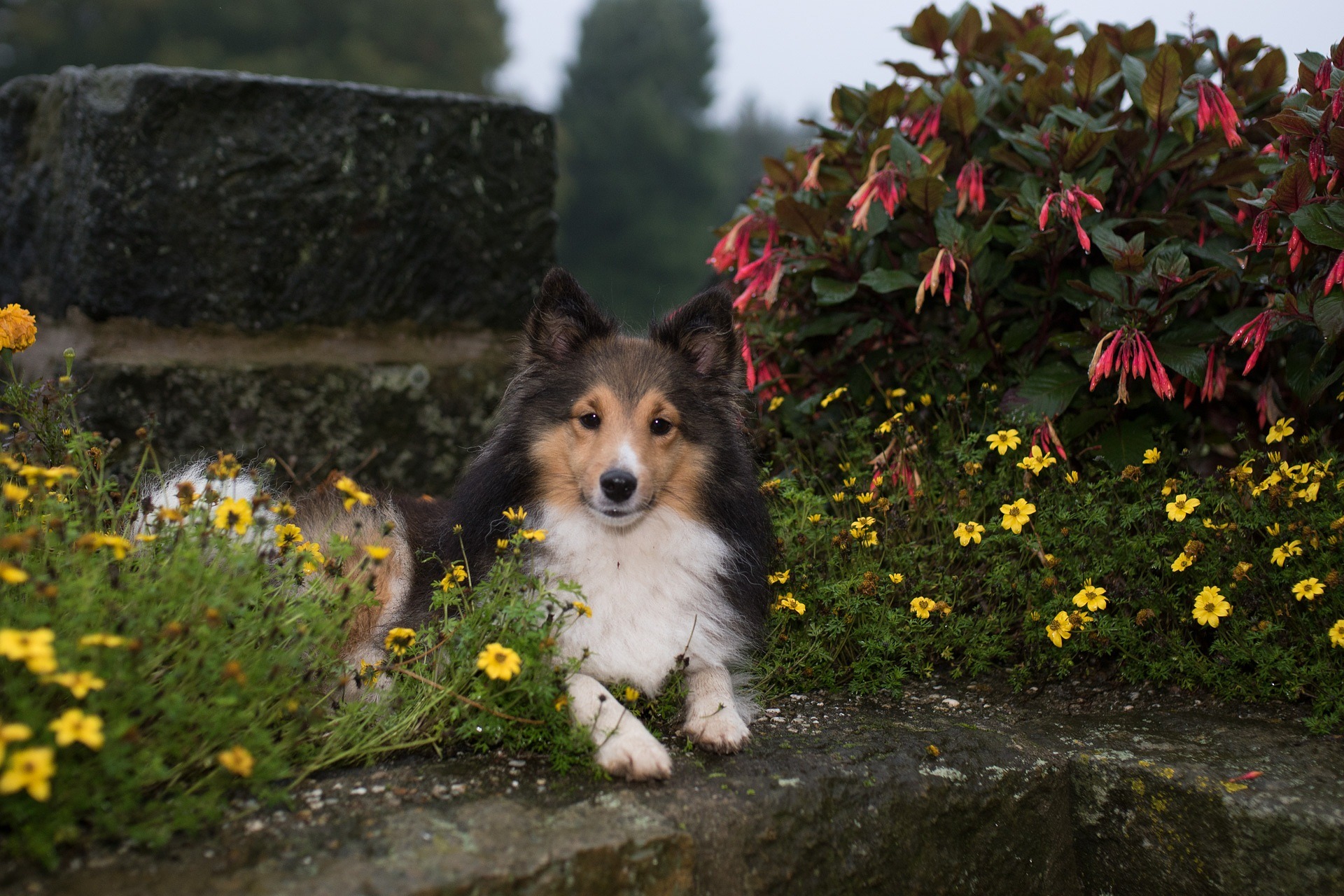
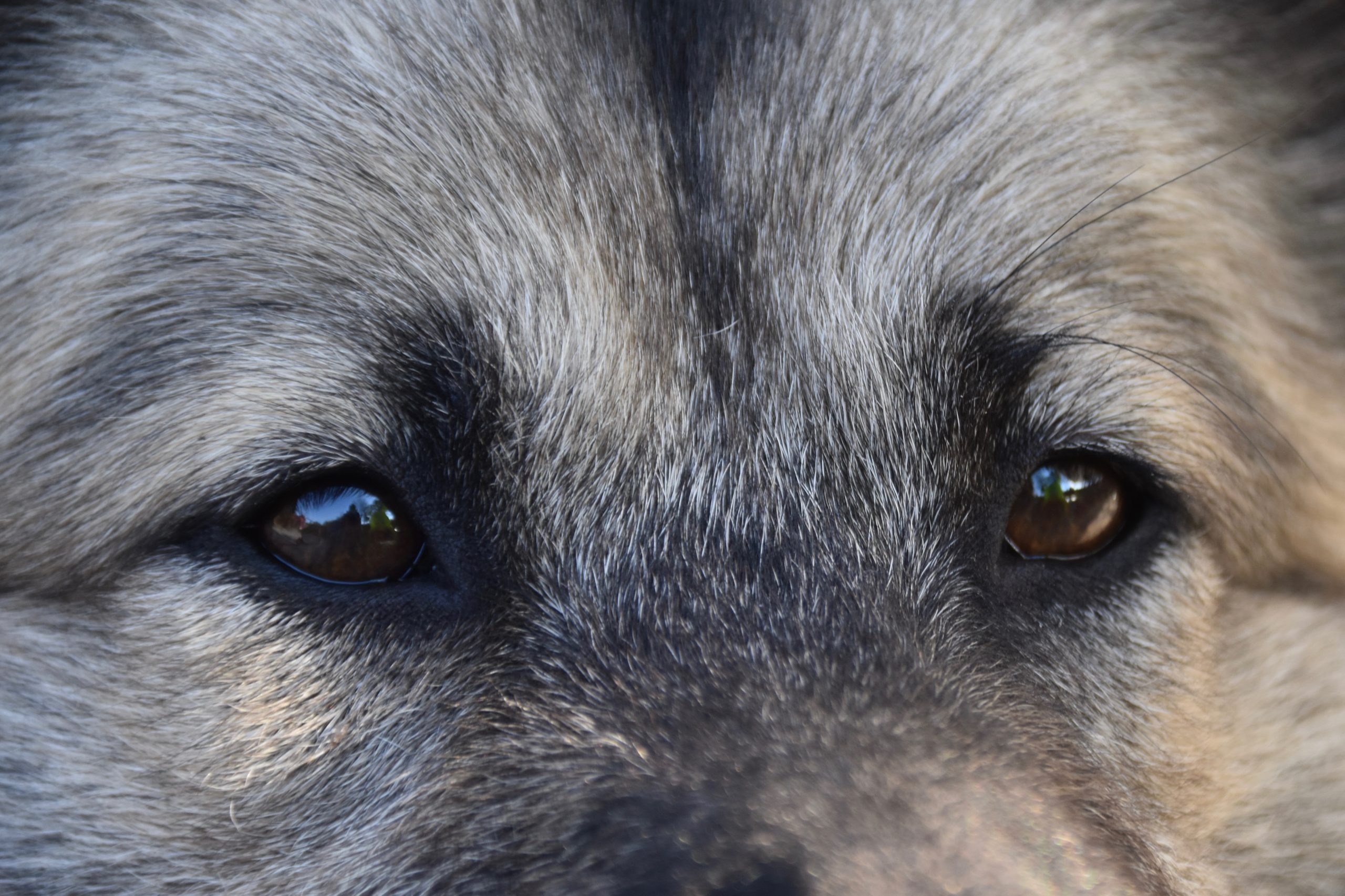
 On demand visits for urgent issues 24/7
On demand visits for urgent issues 24/7 